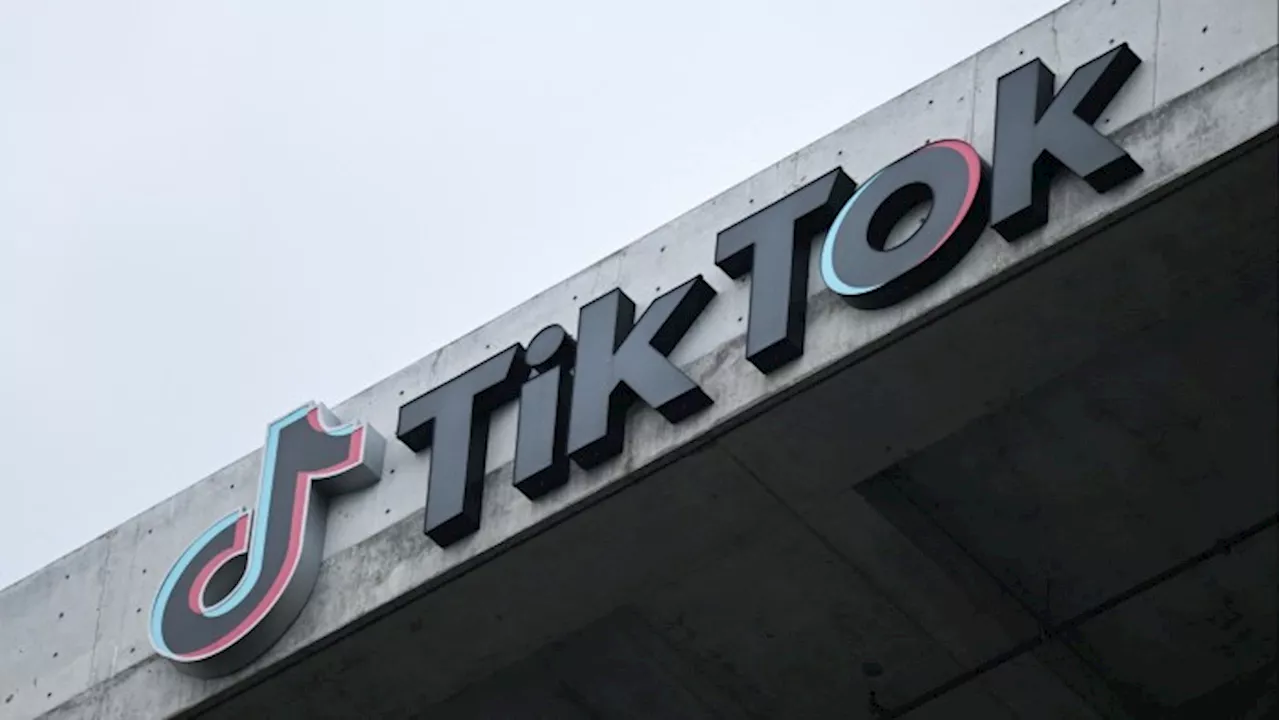Former President Donald Trump has requested a delay on the US Supreme Court's legislative deadline for TikTok's sale or ban, aiming for a 'political resolution' upon his return to office. The legislation, passed by Congress in April, mandates ByteDance, TikTok's Chinese parent company, to divest from the app by January 19, 2025, or face a nationwide ban. Trump asserts his administration possesses the necessary expertise and political will to negotiate a resolution that addresses national security concerns while preserving the platform.
Donald Trump has asked the US Supreme Court to delay a legislative deadline that would force a sale or ban of TikTok to allow for a “political resolution” once he is sworn in as president next month. Under a bill Congress approved in April, Chinese parent ByteDance must divest TikTok by January 19 2025 — the day before Trump is inaugurated as president — or face a countrywide ban.
That order was blocked by the courts and ultimately revoked by US President Joe Biden, who later signed the law at the heart of the case. The briefing said: “President Trump alone possesses the consummate dealmaking expertise, the electoral mandate, and the political will to negotiate a resolution to save the platform while addressing the national security concerns expressed by the government — concerns which president Trump himself has acknowledged.
Tiktok US Supreme Court Donald Trump National Security Legislation
United Kingdom Latest News, United Kingdom Headlines
Similar News:You can also read news stories similar to this one that we have collected from other news sources.
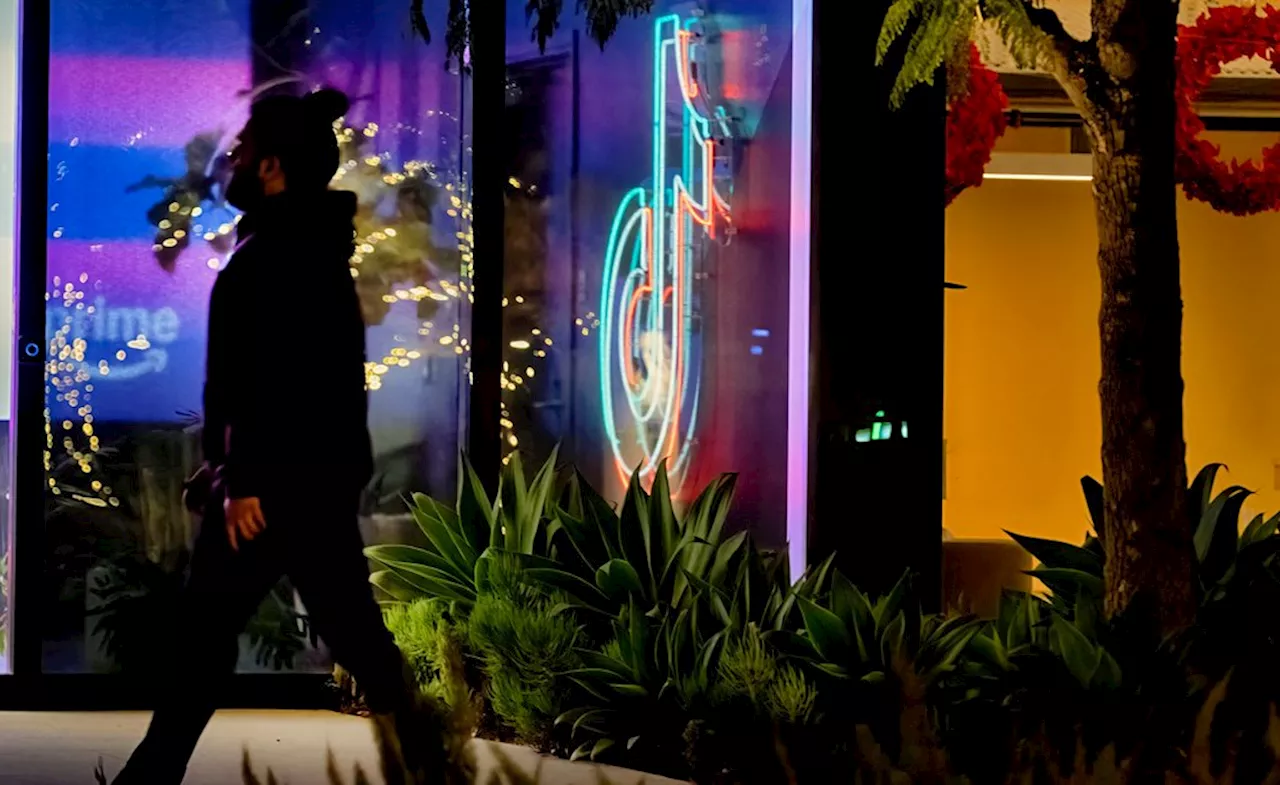 TikTok Asks Federal Appeals Court to Bar Enforcement of Potential Ban Until Supreme Court ReviewTikTok asked a federal appeals court to bar the Biden administration from enforcing a law that could lead to a ban on the popular platform.
TikTok Asks Federal Appeals Court to Bar Enforcement of Potential Ban Until Supreme Court ReviewTikTok asked a federal appeals court to bar the Biden administration from enforcing a law that could lead to a ban on the popular platform.
Read more »
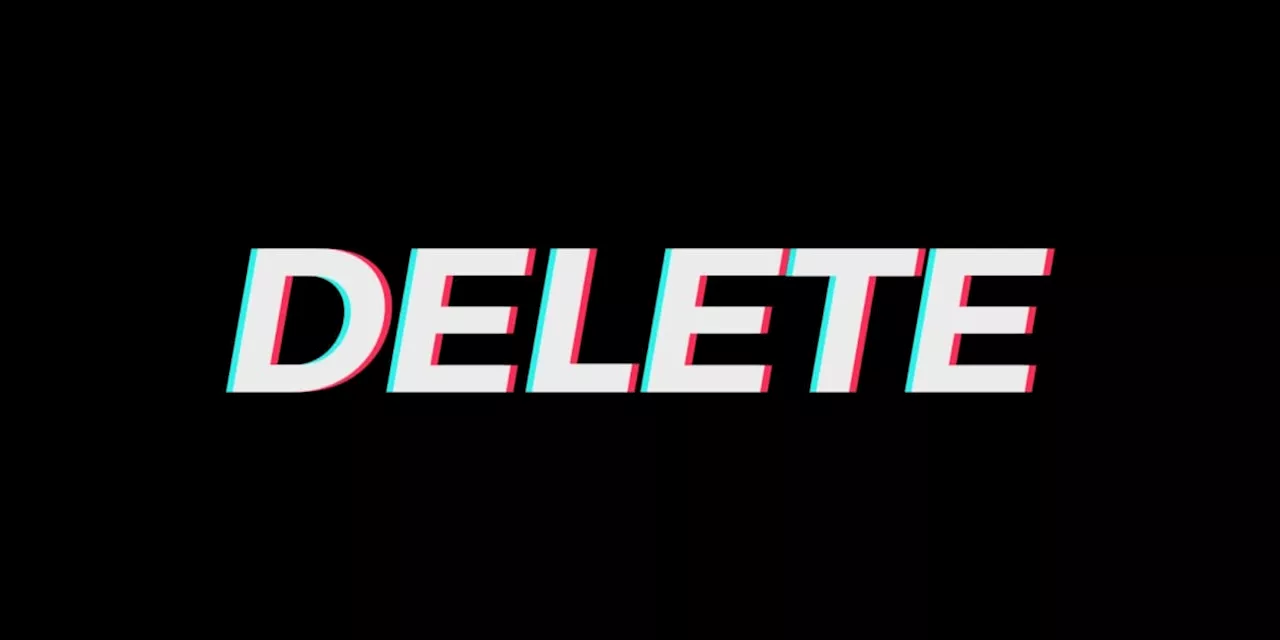 TikTok appeals to have Trump – or Supreme Court – decide its fate laterWants to defer shutdown order that takes effect a day before the presidential inauguration
TikTok appeals to have Trump – or Supreme Court – decide its fate laterWants to defer shutdown order that takes effect a day before the presidential inauguration
Read more »
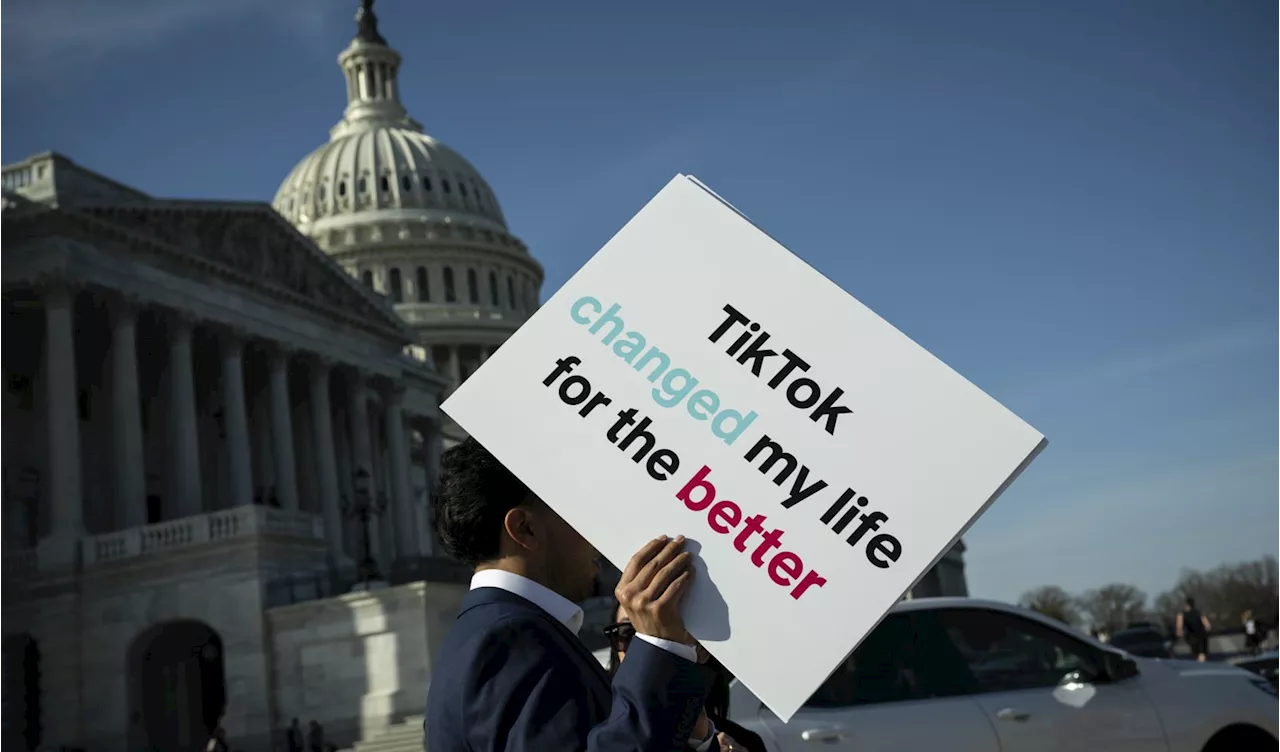 TikTok Seeks Supreme Court Review of Ban Law as Trump Meets with CEOTikTok requested the Supreme Court to overturn a federal appeals court ruling upholding a law that could effectively ban the app in the US by January 19 unless its Chinese owner sells the company. This occurred on the same day President-elect Donald Trump met with TikTok CEO Shou Zi Chew.
TikTok Seeks Supreme Court Review of Ban Law as Trump Meets with CEOTikTok requested the Supreme Court to overturn a federal appeals court ruling upholding a law that could effectively ban the app in the US by January 19 unless its Chinese owner sells the company. This occurred on the same day President-elect Donald Trump met with TikTok CEO Shou Zi Chew.
Read more »
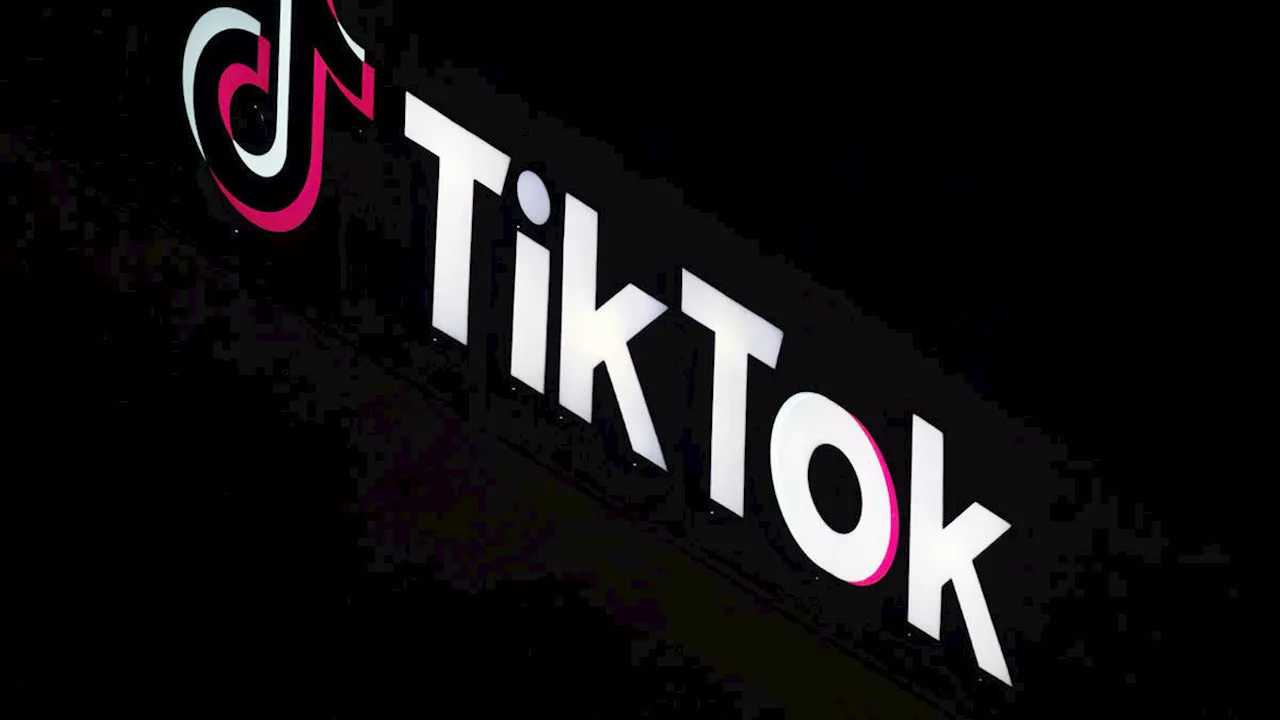 TikTok asks Supreme Court for emergency order to block US ban unless it is soldLawyers for the company and China-based ByteDance urged the justices to step in before the law’s January 19 deadline.
TikTok asks Supreme Court for emergency order to block US ban unless it is soldLawyers for the company and China-based ByteDance urged the justices to step in before the law’s January 19 deadline.
Read more »
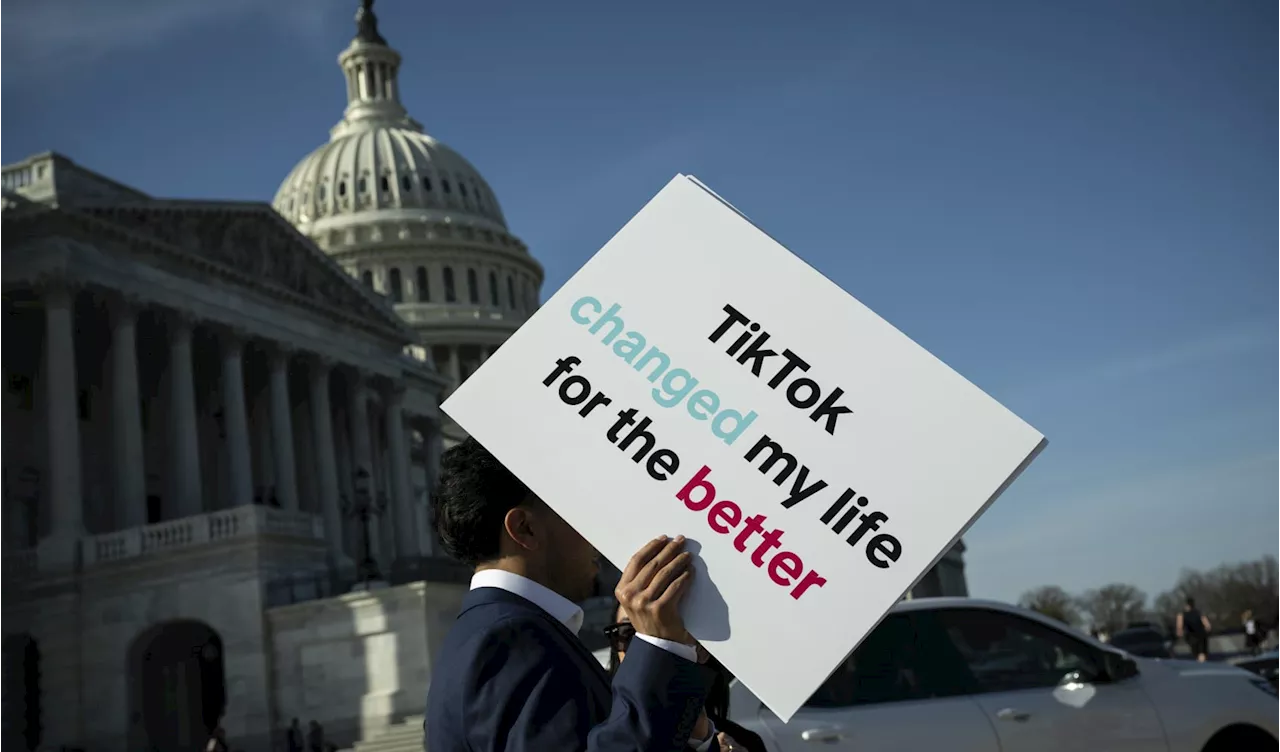 TikTok Appeals to Supreme Court to Overturn Ban LawTikTok is appealing to the Supreme Court to overturn a federal law that could effectively ban the app in the United States by January 19th if its Chinese owner, ByteDance, does not sell the company.
TikTok Appeals to Supreme Court to Overturn Ban LawTikTok is appealing to the Supreme Court to overturn a federal law that could effectively ban the app in the United States by January 19th if its Chinese owner, ByteDance, does not sell the company.
Read more »
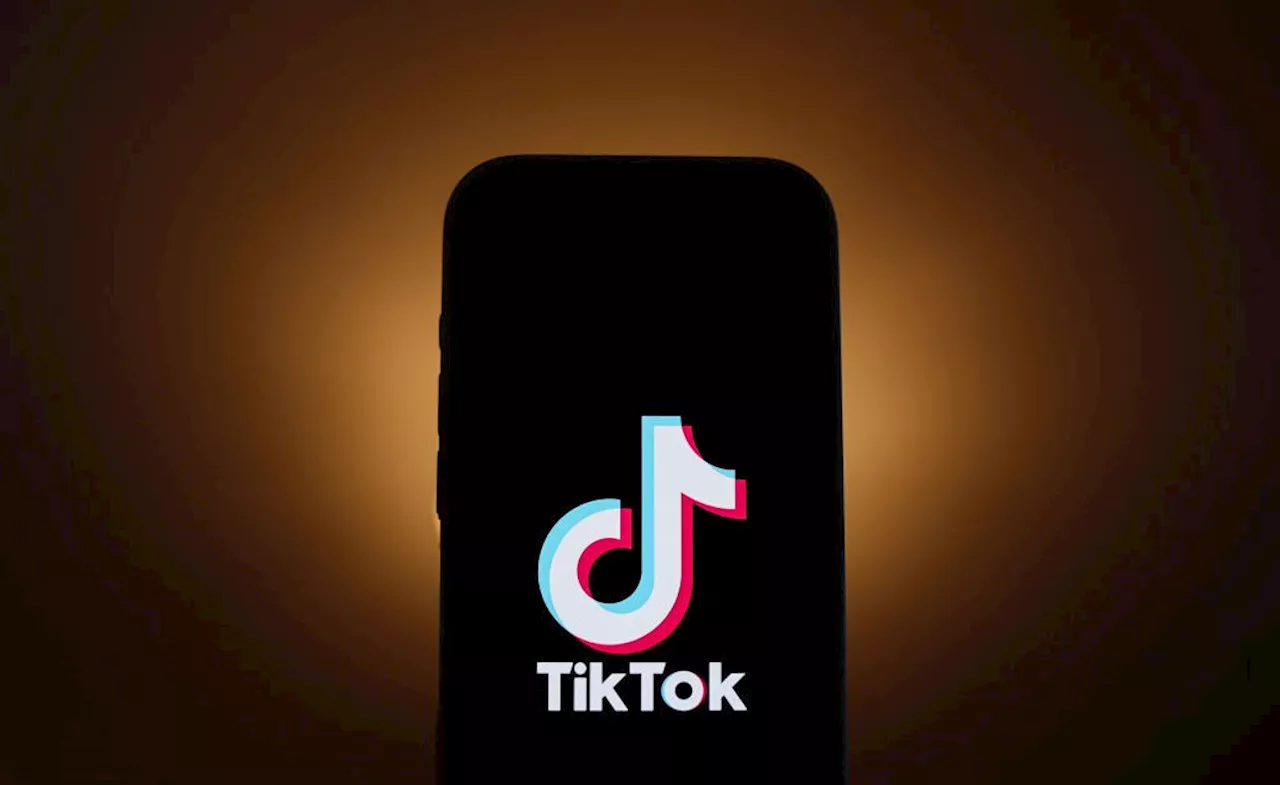 Supreme Court to Weigh TikTok Ban's Impact on Free SpeechThe Supreme Court will hear arguments on January 10th regarding the constitutionality of a law that could ban TikTok in the US. The law, passed with bipartisan support, is set to take effect on January 19th, but TikTok and its parent company, ByteDance, have appealed to the court, arguing that it violates First Amendment rights. The case raises complex questions about balancing national security concerns with free speech protections in the context of social media.
Supreme Court to Weigh TikTok Ban's Impact on Free SpeechThe Supreme Court will hear arguments on January 10th regarding the constitutionality of a law that could ban TikTok in the US. The law, passed with bipartisan support, is set to take effect on January 19th, but TikTok and its parent company, ByteDance, have appealed to the court, arguing that it violates First Amendment rights. The case raises complex questions about balancing national security concerns with free speech protections in the context of social media.
Read more »
